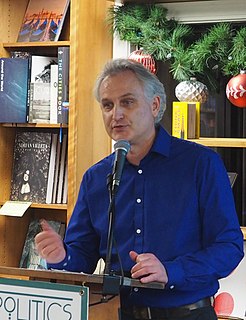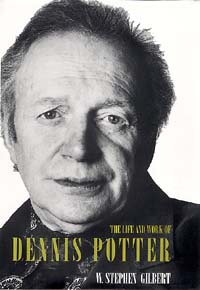Цитата Ральфа Уолдо Эмерсона
Мир символичен. Части речи — это метафоры, потому что вся природа — это метафора человеческого разума.
Связанные цитаты
Факты природы таковы, каковы они есть, но мы можем смотреть на них только через очки нашего разума. Наш разум работает в основном с помощью метафор и сравнений, а не всегда (или часто) с помощью безжалостной логики. Когда мы попадаем в концептуальные ловушки, лучшим выходом часто является изменение метафоры не потому, что новая установка будет более верной природе (ибо ни старая, ни новая метафора не лежат «там», в лесу), а потому, что нам нужно сдвиг к более плодотворным перспективам, и метафора часто является лучшим средством концептуального перехода.
Буквально Библия представляет собой гигантский миф, повествование, охватывающее все время от сотворения мира до апокалипсиса, объединенное совокупностью повторяющихся образов, которые «застывают» в единую группу метафор, причем все метафоры отождествляются с телом Мессии. , человек, который есть все люди, совокупность logoi, который есть один Логос, песчинка, которая есть мир.
Мы смотрим на человеческое тело как на биохимическую машину, управляемую генами, и поэтому мы видим механический аспект жизни, а затем пытаемся понять природу механики, глядя на то, как физические части взаимодействуют друг с другом. Если вы хотите понять жизнь, просто посмотрите на нее как на целую серию взаимодействующих химических реакций. Что мы упускаем из виду, так это невидимые элементы, вклад невидимого мира, который подчеркивается в природе квантовой механики. Материя — это энергия, и это первичный фактор, который необходимо учитывать, потому что все в конечном счете является энергией.








































